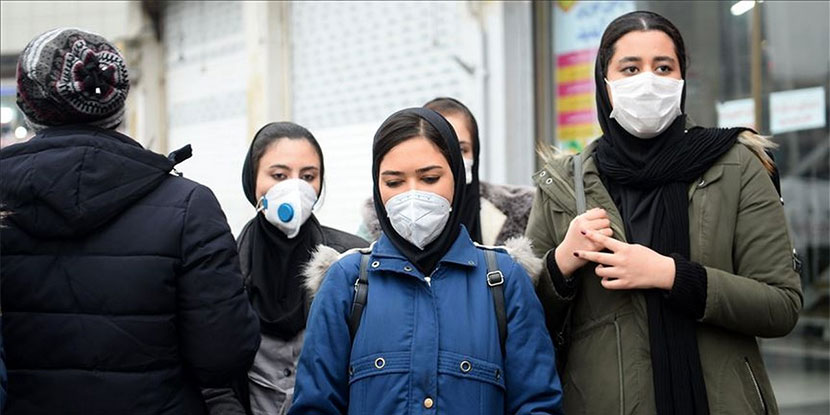Covid-19 has taken the world by storm and the whole world has been closed due to its spread. The highly infectious disease has been declared global pandemic and so far, there is no cure in sight to deal with it. In absence of any guaranteed cure of the disease, the world has scrambled to contain the spread of the disease with preventive measures. A larger set of protective measures have been adopted by nearly all the regions of the world that primarily includes the use of face masks, social distancing and hand washing.
Due to the extremely small size of the particles that contain the virus, it was feared that the virus can even remain air-borne and therefore transmit to a distance of many feet. That fear got real when many healthcare staff and security personals also got infected who generally deal with Covid-19 patients from a distance.
That fear alarmed the whole world and due to air travel of the respiratory virus through coughing, sneezing, talking, spewing, and throat secretion into the air, different cities from the across the world started recommending using face masks. Some East Asian countries have now made it common practice and some European countries have also started mandating face masks in public spaces.
Respiratory particles emitted after sneezing, coughing, and even talking, produce some longer range smaller particles which evaporate into the air and leave the virus hanging. The smaller droplets are called aerosols and these droplets are packed with millions of viral particles that are causing infections in people. It was then found out that face masks do very well in limiting how far away respiratory particles and aerosols can travel.
The uncertainty around face masks arises from a question like whether a healthy person should wear them too? The answer to it is rather complicated because of the virus nature. The distinction between sick infected with covid-19 and healthy is more complicated because people who catch coronavirus do not feel symptoms for 5-6 days on average. But they are contagious during that time and it has been found recently that about 25 % of people who catch it never show any symptoms at all but remain contagious.
Viruses and bacteria stay on different surfaces depending on their type. One common way of coronavirus spread is by touching the infected surface and then touching eyes, nose, mouth, etc., and it becomes too easy for germs or infection to enter into the body. This type of transmission is called fomite transmission. The best defense for it so far is frequent hand washing and avoiding touching surfaces and face unnecessarily.
According to WHO, respiratory diseases spread from human to human in the form of droplets carried through sneezing or coughing. The best way to counter it is by wearing a face mask. Each person must wear a mask to not receive the respiratory particles from others and to not transmit respiratory particles to others. Use any type of mask when you go outside like a cloth mask, dust mask, and surgical mask.
Whether to wear a face mask depends on what is the condition of the spread where you live. Whether you wear a face mask is up to you but do not wait for your government to mandate its use. If you are sick and you need to leave the house you should wear a face mask because it keeps your germs in.
Make the decision for yourself and others because with covid-19, feeling healthy does not necessarily mean you do not have it.
Image source link

















